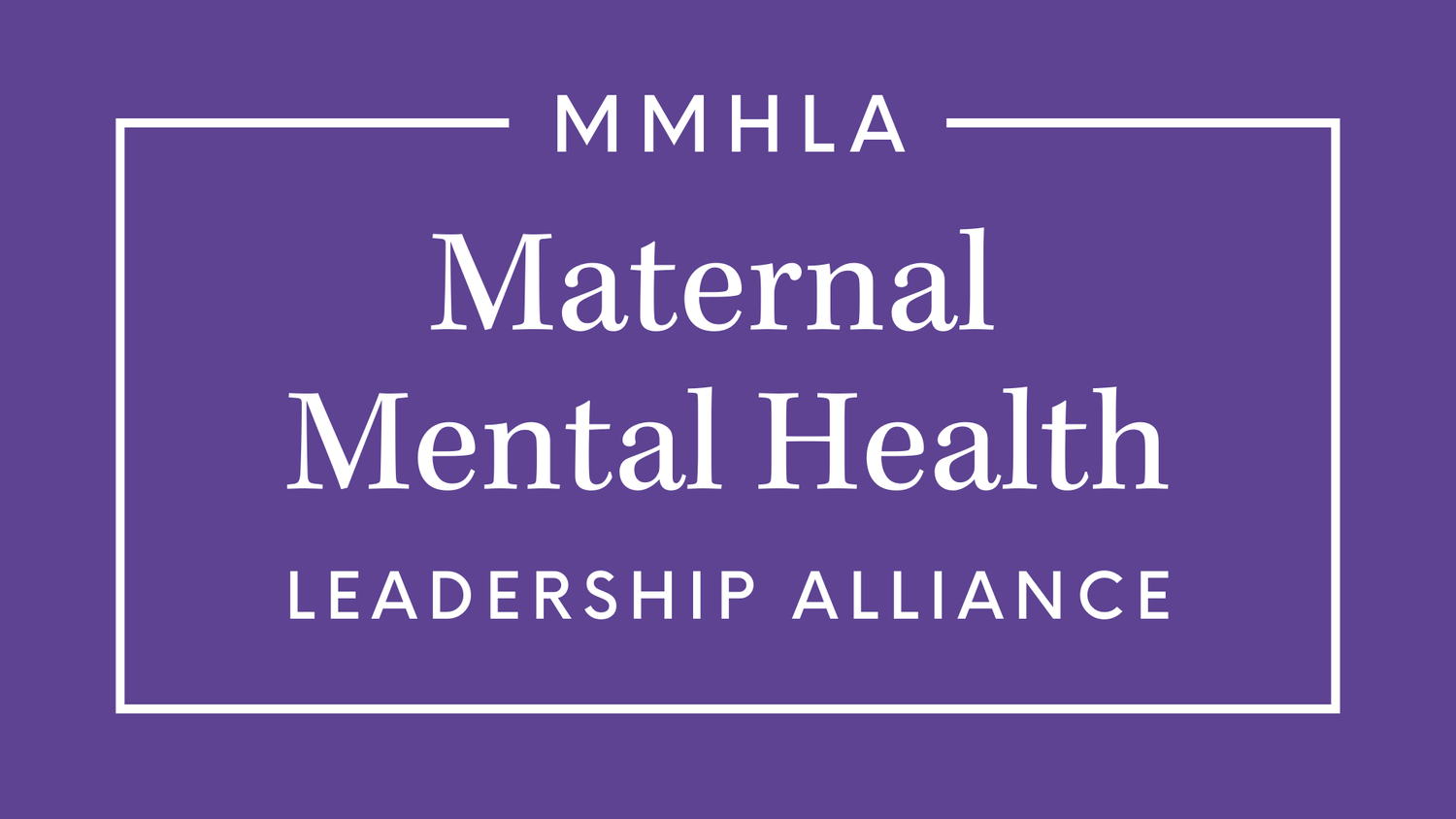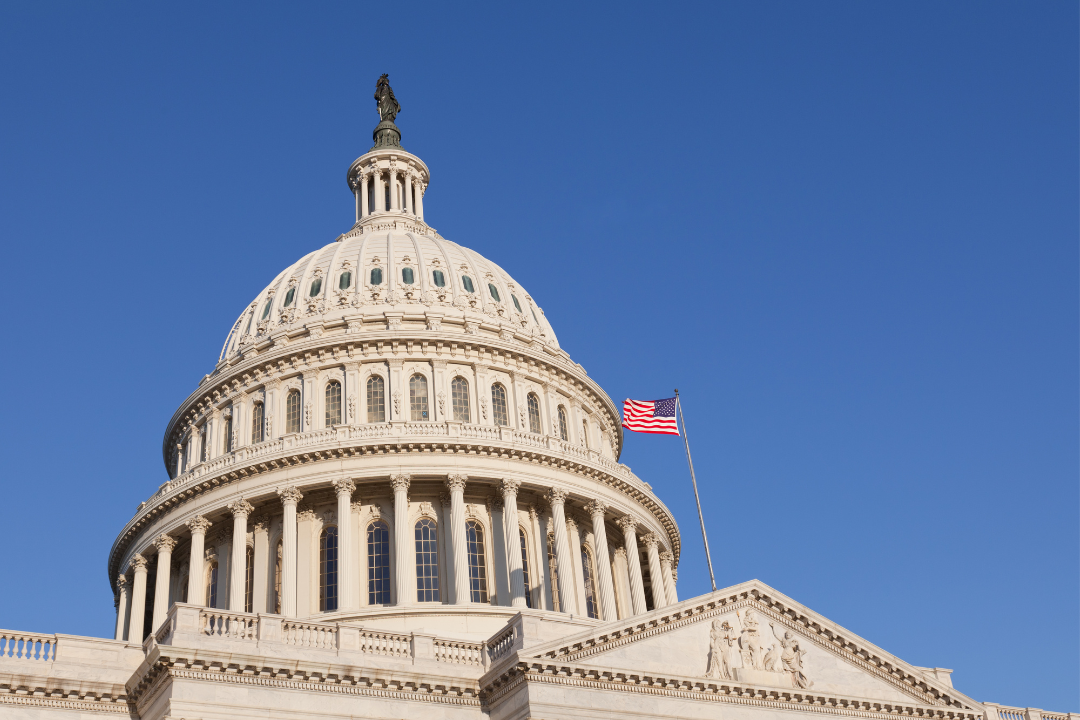
Advocacy Agenda
We advocate for national policies to provide universal, comprehensive, and compassionate mental health care during pregnancy and the year following pregnancy. We also support national policies that address the mental health and wellbeing of pregnant and postpartum parents.
Our 2025 Advocacy Agenda
We are leading policy initiatives to continue developing the national maternal mental health (MMH) infrastructure and to support the mental health of military mothers.
National Maternal Mental Health Hotline (1-833-TLC-MAMA)
$8 Million Requested
Program Services
24/7 voice and text resources and support by trained professionals to mothers and families impacted by maternal mental health conditions.
Program Impact
Since launching on Mother’s Day 2022, the Hotline has assisted more than 56,000 help-seekers with response times less than 30 seconds.
Purpose of Funds
Support Hotline operations
Provide outreach to mothers in rural areas
Train Hotline counselors on best practices to support the unique needs of military servicemembers, Veterans, and their families
Effectiveness and Efficiency
Continued funding will ensure transparency in the allocation of resources and efficiency in Hotline operations, while leveraging technology to enhance telehealth capabilities for those in need.
State Maternal Mental Health and Substance Use Disorders Program
$13.5 Million Requested
Program Services
Education, consultation, and resources to healthcare providers who support mothers.
Program Impact
Enables more frontline healthcare providers to screen and treat maternal mental health conditions, helping more mothers get the care they need.
Purpose of Funds
Support 13 existing state programs
Launch 3 additional programs
Provide coordination and technical assistance
Raise public awareness
Increase access to care, particularly in rural areas and among tribal entities
Effectiveness and Efficiency
Continued funding will promote cost efficiencies, improve telehealth services, and integrate maternal and child mental health access programs, thereby streamlining support systems and reducing administrative burdens.
State Programs = Common Sense Cost Savings
Each state program receives approximately $750,000 each year. This is the equivalent of less than $2.50 per birth, compared to the cost of untreated maternal mental health conditions, which is $32,000 per birth.
Supporting Military Mothers and Families
MMHLA is working to ensure that the Department of Defense successfully implements a program to support the mental health and wellbeing of our nation’s military mothers, as called for in the 2025 National Defense Authorization Act. Military mothers suffer from maternal mental health conditions at 2-3 times the rate of their civilian counterparts, and they require specialized support due to the unique culture and lifestyle of the military.
Check out our Advocacy Agendas from previous years:
Since 2019, we have successfully secured $86.5 million in federal funding for maternal mental health programs.
We craft and support policies and initiatives that are effective and actionable, and that include the voices of those with lived experience.
We Lead Advocacy Efforts Focused on 3 Key Areas
FOCUS AREA #1
Developing the National Maternal Mental Health Infrastructure
National Maternal Mental Health Hotline
MMHLA led efforts to establish the National Maternal Mental Health Hotline by advocating for legislation (Into the Light for Maternal Mental Health and Substance Use Disorder Act of 2022) and for annual funding for the Hotline’s operations. We will continue to advocate for annual federal funding for the Hotline.
Maternal Mental Health and Substance Use Disorders Program
MMHLA led efforts to establish a program that provides federal funding to states to establish and operate maternal mental health programs. This program was created by Bringing Postpartum Depression Out of the Shadows Act (2015), which provided funding for seven states for FY2018-FY2022.
This program was reauthorized by Into the Light for Maternal Mental Health and Substance Use Disorder Act (2022), which expanded funding to 12 states in FY2023. We will continue to advocate for annual federal funding for these state programs.
National Task Force and Strategy
MMHLA supported the TRIUMPH for New Moms Act (2022), which established a national maternal mental health task force and strategy. MMHLA Executive Director Adrienne Griffen is a member of the Task Force.
FOCUS AREA #2
Supporting the Mental Health of Military Mothers
The MOMS Act: The First-Ever Legislation to Support Military Mothers’ Mental Health
MMHLA successfully advocated for the inclusion of The Maintaining our Obligation to Moms who Serve Act of 2024 (The MOMS Act) into the National Defense Authorization Act of 2024. This is the first-ever legislation addressing mental health among military mothers.
The MOMS Act calls for the implementation of a maternal mental health program into the military health care system to prevent and treat mental health conditions among military mothers, who are 2-3 times more likely to suffer from these conditions due to the unique lifestyle and challenges of military service. MMHLA is working to ensure that the Department of Defense successfully implements this program.
Research and Resources for Military Moms
MMHLA is advocating for the inclusion of maternal mental health as a priority research area within the military and the implementation of a psychiatry access line in the Department of Defense. Learn more about our work for military moms.
FOCUS AREA #3
Ensuring Universal Patient Education and Screening
Perinatal Mental Health Education and Screening Project
MMHLA is leading the Perinatal Mental Health Education and Screening Project: a multi-year multi-disciplinary collaborative effort to ensure all pregnant and postpartum women are educated about and screened for maternal mental health disorders and connected to resources for recovery.
Phase I of the Screening Project focused on developing a framework for when to provide patient education and screening, and Phase II is addressing barriers to implementing the framework.

